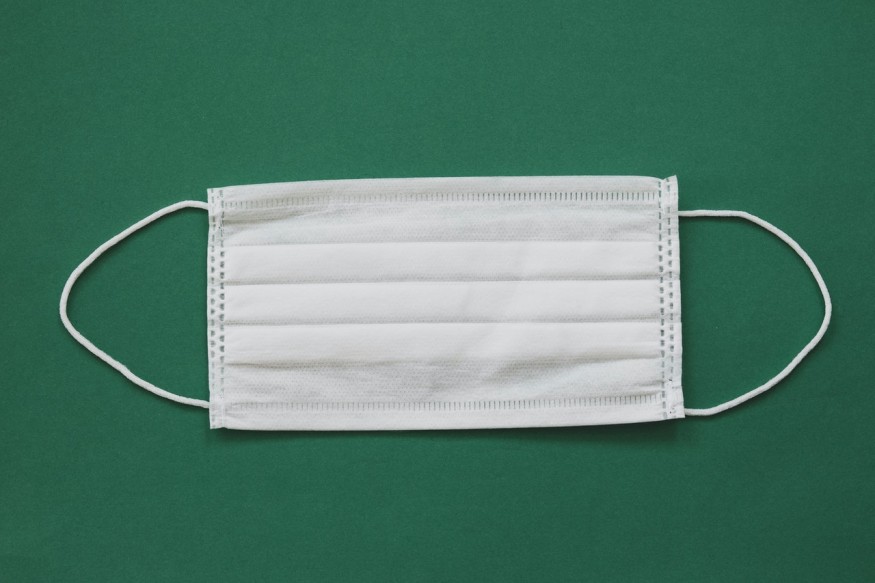COVID-19's continuous surge for the past two years does not plan to stop transmissions anytime soon. Along with the implemented health protocols, the experts recommended wearing facemasks and the usual surgical facemasks. The new mask recommendation can also be an alternative if there are no surgical masks left to use. Throughout the pandemic, there are several mask innovations developed by both experts and normal citizens. The protective materials are either economical or easy to access that even normal people could actually craft themselves. However, homemade masks already utilized by several of the population are not yet thoroughly examined and have not been tested in clinical trials.
Homemade Facemasks Can Work Against COVID-19

A new study suggested that a homemade mask should have the right properties for it to have the required protective function against the coronavirus. To know what mask is the best, the experts investigated the cough droplets and their features such as velocity and severity.
Indian Institute of Science Department of Mechanical Engineering and Interdisciplinary Centre for Energy Research expert and lead author of the study Saptarshi Basu said in a PhysOrg report that their research revealed the most effective materials in making homemade facemasks. Among the specified materials the study recommended are cotton and towel-based fabrics. To gain the most efficacy out of the homemade facemasks, the identified materials should be stitched in multiple layers properly along each other.
Basu said that the best structure of homemade masks should be layered with three or more sheets. The examination conducted in the study shows that the recommended layers could actually block the supposed aerosol rates from an individual.
The study also processed the homemade masks through the usual cleaning process to know their efficacy after washing for another round of use. It was found that the specialized homemade facemasks could retain their efficacy even if washed up to 70 times.
Aerosols vs. Homemade Facemask
The homemade facemasks were tested through an artificial aerosol dispenser equipped with nanotechnology called piezoelectricity to mimic the natural cough emissions of humans. The velocities of each aerosol droplet vary from each other as it reached the homemade facemask made of summer stole, handkerchief, cotton, and surgical mask single sheets. The penetration of the aerosols was observed through the help of high-speed imaging equipment.
The homemade facemasks were also analyzed in terms of efficiency. The sheets used were inspired by the materials we use daily.
The homemade facemask development conducted in the study could be a reference for the policymakers and health authorities to craft new and effective protection gear against COVID-19. The makeshift masks are made to apply to many fields of science. Alongside the medical industry, the technology used for the homemade facemask could also benefit the agriculture industry. The sheet structure can improve plants and crops by properly distributing nutrients and pesticides relayed to them.
The makeshift facemasks are developed to be the first solution whenever the supply of surgical or N95 masks comes short. The experts who authored the research are open for collaboration with the general population and manufacturers interested in homemade facemask technology. The study was published in the journal AIP Physics of Fluids, titled "Efficacy Of Homemade Face Masks Against Human Coughs: Insights on Penetration, Atomization, and Aerosolization of Cough Droplets."
RELATED ARTICLE : 20 Gorillas of the Zoo Atlanta Troop Tested for COVID-19; Runny Nose Leads to Weakened Bodies, Disturbed Appetites
Check out more news and information on COVID-19 on Science Times.
© 2026 ScienceTimes.com All rights reserved. Do not reproduce without permission. The window to the world of Science Times.












